100% Access to Justice
Ways Self-Represented Litigants Can Help Improve the Justice System
Justice system reform is slow and difficult work and opportunities for change vary tremendously between jurisdictions.
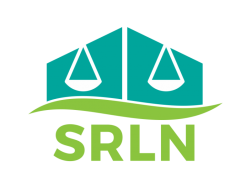
Comments: SRLN Comments to Proposed Court Rule Changes in Florida on Technology Integration (SRLN 2021)
On July 1, 2021, the Florida Supreme Court appointed Workgroup on the Continuity of Court Operations and Proceedings During and After COVID-19 filed a
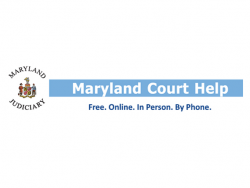
News: Self-Help Innovations in Maryland (News 2021)
The Maryland Court Help Center 2021 Provider Conference offered a glimpse into some of the cutting edge innovations in self-help in the COVID era.1
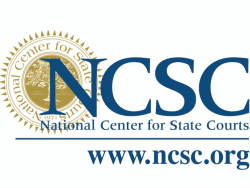
Paper: A Case for Court Governance Principles (Becker and Durham 2010)
State courts have had ample reasons for questioning the continued viability of traditional approaches to organizing their work and to providing leadership.
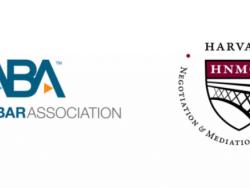
Report: Designing for Housing Stability: Best Practices for Court-Based and Court-Adjacent Eviction Prevention and/or Diversion Programs (Harvard Negotiation & Mediation Clinical Program and American Bar Association 2021)
Designing for Housing Stability: Best Practices for Court-Based and Court-Adjacent Eviction Prevention and/or Diversion Programs (Joint Report of the Harvard Negotiation & Mediation Clinical Program and American Bar Association 2021)
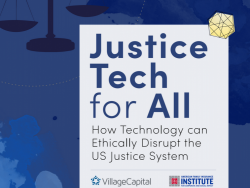
Report: Justice Tech for All How Technology can Ethically Disrupt the US Justice System (Village Capital & AmFam Institute 2021)
Village Capital and American Family Insurance Institute for Corporate and Social Impact (AmFam Institute) prepared this report to support justice tech efforts and initiatives.
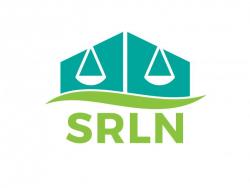
SRLN Brief: Advocacy Strategies & Relationship Building to Improve SRL Services (SRLN 2021)
The Justice for All Initiative envisions a future in which civil justice is administered through a continuum of services, from self-help materials to alternative dispute resolution to limited-scope or full le

Journal: Special edition of Daedalus: Access to Justice (American Academy of Arts & Sciences 2019)
The Winter 2019 issue of the American Academy of Arts & Sciences' quarterly journal, Daedalus, “Access to Justice” features twenty-four essays that examine the national crisis in civil legal services facing poor and low-income Americans: from
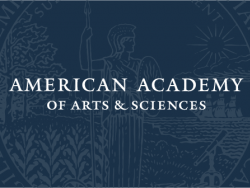
Video: The Civil Justice Gap (American Academy of Arts & Sciences 2020)
The Academy produced this short video, defining the civil justice gap, to support the work of the Making Justice Accessible initiative and the release of its final report, Civil Justice for All. Run time: 4 minutes 45 seconds.
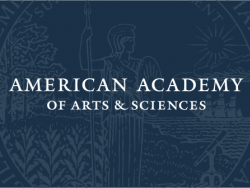
Report: Measuring Civil Justice for All (American Academy of Arts & Sciences 2021)
Measuring Civil Justice for All, a white paper of the American Academy’s Making Justice Accessible initiative, identifies the essential facts that should be collected about civil justice activity in the United States and the entities best placed t